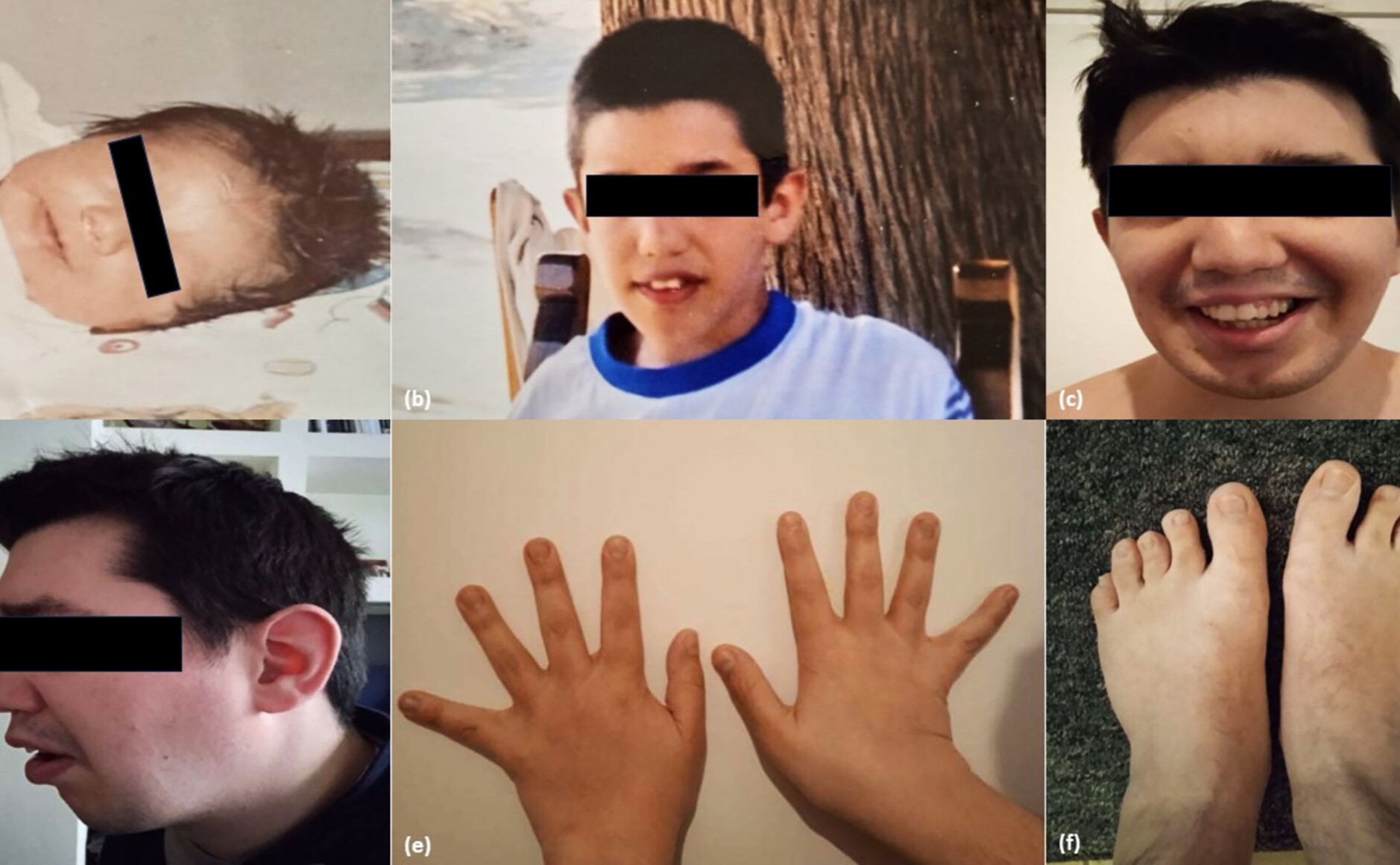
Monosomy 8q21 q22 is a rare chromosomal disorder where a portion of chromosome 8 is missing. This condition can lead to various developmental delays, physical abnormalities, and health issues. Understanding this genetic anomaly is crucial for those affected and their families. Symptoms can vary widely, including intellectual disabilities, growth delays, and distinctive facial features. Diagnosis often involves genetic testing, such as karyotyping or microarray analysis. Treatment focuses on managing symptoms and may include physical therapy, special education, and medical interventions. Support from healthcare professionals and genetic counselors can make a significant difference in the lives of those with Monosomy 8q21 q22.
Key Takeaways:
- Monosomy 8q21 q22 is a rare disorder where a part of chromosome 8 is missing, causing various challenges like developmental delays and medical complications. Genetic testing and support are crucial for managing this condition.
- Individuals with Monosomy 8q21 q22 may experience symptoms like developmental delays, intellectual disability, and medical complications. Early intervention, support groups, and family planning play important roles in managing and supporting those affected.
What is Monosomy 8q21 q22?
Monosomy 8q21 q22 is a rare chromosomal disorder where a portion of chromosome 8 is missing. This can lead to various developmental and physical challenges. Understanding this condition can help in managing and supporting those affected.
-
Chromosome 8: Humans have 23 pairs of chromosomes. Chromosome 8 is one of these pairs and contains many genes crucial for development and function.
-
Deletion: In monosomy 8q21 q22, a segment of the long arm (q) of chromosome 8 is missing. This deletion can vary in size.
-
Genetic Testing: Diagnosis often involves genetic testing, such as karyotyping or microarray analysis, to identify the missing segment.
Symptoms and Characteristics
Individuals with monosomy 8q21 q22 may exhibit a range of symptoms. These can vary widely in severity and type.
-
Developmental Delay: Many affected individuals experience delays in reaching developmental milestones like walking and talking.
-
Intellectual Disability: Cognitive impairment is common, though the degree can vary from mild to severe.
-
Growth Issues: Some children may have growth retardation, leading to shorter stature compared to peers.
-
Facial Features: Distinctive facial features, such as a broad forehead, wide-set eyes, or a flat nasal bridge, may be present.
-
Heart Defects: Congenital heart defects, such as ventricular septal defects, can occur in some individuals.
Medical Complications
Monosomy 8q21 q22 can lead to various medical complications that require ongoing management.
-
Seizures: Some individuals may experience seizures, necessitating medication and monitoring.
-
Hearing Loss: Hearing impairments, ranging from mild to severe, can affect communication and learning.
-
Vision Problems: Eye abnormalities, such as strabismus or refractive errors, may be present.
-
Skeletal Abnormalities: Issues like scoliosis or joint problems can occur, impacting mobility.
Genetic Counseling and Support
Genetic counseling can provide valuable information and support for families affected by monosomy 8q21 q22.
-
Inheritance: This condition is usually not inherited but occurs as a random event during the formation of reproductive cells.
-
Family Planning: Genetic counseling can help families understand the risks and options for future pregnancies.
-
Support Groups: Connecting with support groups can offer emotional support and practical advice from others facing similar challenges.
Treatment and Management
While there is no cure for monosomy 8q21 q22, various treatments can help manage symptoms and improve quality of life.
-
Early Intervention: Early intervention programs can support developmental progress through therapies like speech and occupational therapy.
-
Educational Support: Special education services can tailor learning approaches to meet individual needs.
-
Medical Monitoring: Regular check-ups with a team of specialists can help manage and monitor health issues.
-
Physical Therapy: Physical therapy can improve mobility and address skeletal abnormalities.
Research and Future Directions
Ongoing research aims to better understand monosomy 8q21 q22 and develop new treatments.
-
Genetic Research: Studies are exploring the specific genes involved in this chromosomal deletion and their functions.
-
Clinical Trials: Some clinical trials may offer new treatment options for managing symptoms.
-
Awareness: Increasing awareness about rare chromosomal disorders can lead to better support and resources for affected families.
Living with Monosomy 8q21 q22
Living with monosomy 8q21 q22 involves adapting to challenges and celebrating achievements.
-
Family Support: Strong family support can make a significant difference in the lives of those affected.
-
Community Resources: Accessing community resources, such as therapy services and educational programs, can enhance quality of life.
-
Personal Strength: Many individuals with monosomy 8q21 q22 demonstrate remarkable resilience and determination in overcoming obstacles.
Final Thoughts on Monosomy 8q21 q22
Monosomy 8q21 q22 is a rare genetic condition that affects a small portion of chromosome 8. This deletion can lead to various health issues, including developmental delays, intellectual disabilities, and physical abnormalities. Understanding the genetic basis of this condition helps in early diagnosis and management, improving the quality of life for those affected. Genetic counseling is crucial for families to understand the risks and implications. While research is ongoing, awareness and education about this condition are essential for better support and care. If you or someone you know is affected, seeking medical advice and connecting with support groups can make a significant difference. Knowledge empowers us to navigate the challenges of rare genetic conditions like Monosomy 8q21 q22.
Frequently Asked Questions
Was this page helpful?
Our commitment to delivering trustworthy and engaging content is at the heart of what we do. Each fact on our site is contributed by real users like you, bringing a wealth of diverse insights and information. To ensure the highest standards of accuracy and reliability, our dedicated editors meticulously review each submission. This process guarantees that the facts we share are not only fascinating but also credible. Trust in our commitment to quality and authenticity as you explore and learn with us.
